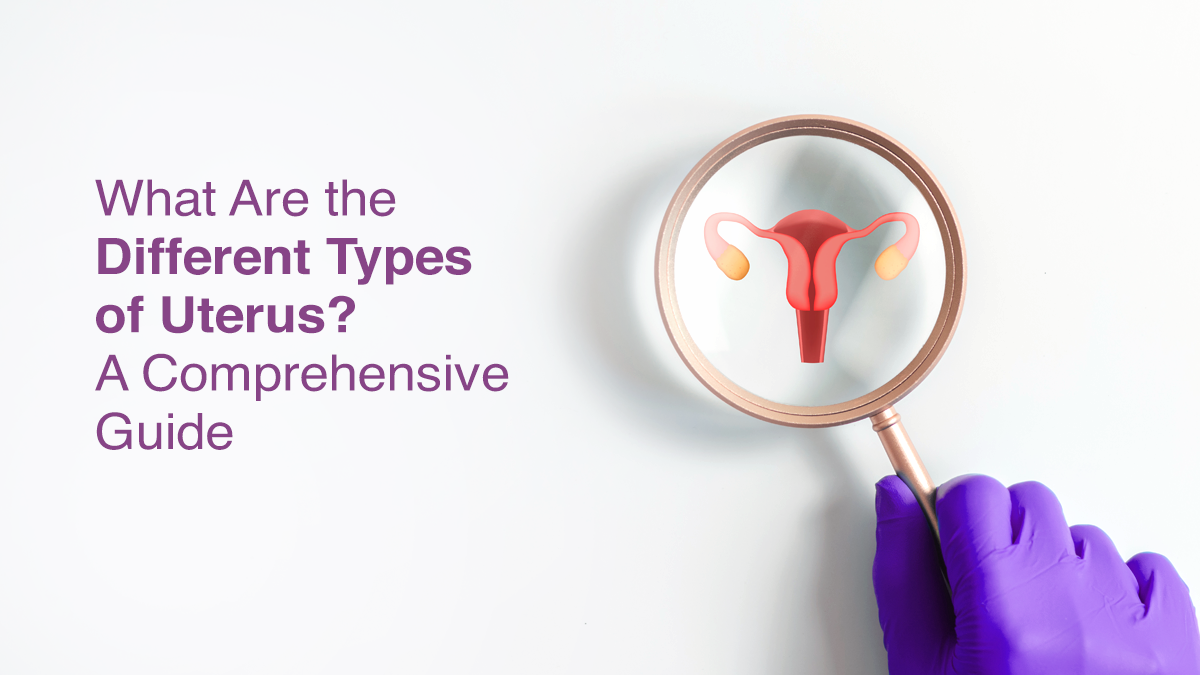
Understanding the Impact of Low AMH Levels on Menstrual Cycle Irregularities

Reproductive health is an essential aspect of your overall well-being, influencing not only fertility but also hormonal balance, menstrual regularity and even long-term health outcomes. Maintaining your reproductive health encompasses a complicated interplay of hormones, lifestyle factors and age-related changes that collectively back the working of the ovaries, uterus and other reproductive organs. One of the main gauges of reproductive health is the Anti-Müllerian Hormone (AMH).
What is AMH (Anti-Müllerian Hormone)?
Anti-Müllerian Hormone is a hormone generated by the ovaries that reflects the ovarian reserve – the number of remaining eggs. AMH has emerged as an essential marker for assessing fertility potential, ovarian ageing and other reproductive health factors, offering unique insights that help in devising tailored reproductive planning. This Hormone, discharged by the ovarian follicles, is essential for comprehending how well the ovaries are working. High levels of AMH generally signify a good ovarian reserve, meaning a larger number of available eggs. What happens when AMH levels are low? It can have a considerable impact on menstrual cycle regularity, which is important for your overall reproductive health. Meanwhile, abnormally high AMH levels are viewed in women with PCOS.
Causes of Low AMH Levels
Low levels of AMH can be due to numerous underlying factors, reflecting changes in ovarian health or hormonal function. Let’s look at some of the low AMH causes:
Age:
AMH declines as you grow older, thereby showcasing reduced ovarian reserve.
Genetic Factors:
Conditions such as Fragile X syndrome can cause a genetically lesser ovarian reserve.
Autoimmune Disorders:
Diseases like autoimmune oophoritis can result in ovarian damage and decreased AMH.
Ovarian Surgery:
Surgical procedures on the ovaries can decrease ovarian follicles and AMH levels.
Chemotherapy/Radiation Therapy:
Cancer treatments can impair ovarian follicles, thereby lowering AMH.
Lifestyle Factors:
AMH levels can reduce over time with smoking, drinking too much alcohol and chronic stress.
Endometriosis:
This condition can damage the functioning of the ovaries and result in lower AMH, particularly when affecting ovaries.
Polycystic Ovary Syndrome (PCOS):
A few cases of PCOS with compromised ovarian reserve can demonstrate lower AMH levels.
Early Menopause or POI:
Premature ovarian insufficiency leads to an early decline in the functioning of the ovaries and AMH levels.
How Low AMH Affects Menstrual Cycle Regularity
Low AMH levels can be an indicator of reduced ovarian reserve, which can often result in irregular menstrual cycles, which may comprise of:
- Low AMH levels could signify a reduced ovarian reserve, which can result in irregular menstrual cycles.
- Women with low AMH may go through missed periods of experience and considerable gaps between cycles. This happens because hormonal signals essential for regular ovulation are disturbed.
- The length of the menstrual cycle can fluctuate, ranging from shorter to longer as compared to the general 26-35 days. This irregularity is due to hormonal imbalances and unpredictable ovulation patterns.
The Connection Between Low AMH and Premature Ovarian Insufficiency (POI)
Low levels of AMH are closely related to Premature Ovarian Insufficiency causes, a condition in which the functioning of the ovaries dwindles prior to 40. Women suffering from POI witness a considerably reduced ovarian reserve, resulting in lower AMH levels than expected. Women with POI may often experience irregular menstrual cycles or complete cessation of their periods, which lines up with the lessened ovarian activity that low AMH levels indicate. This connection makes AMH testing an insightful diagnostic tool in detecting POI, as it assists doctors in comprehending the extent of ovarian decline and steers reproductive planning and possible interventions, such as hormone replacement therapy.
The Role of AMH in Fertility Treatments
How are AMH and fertility linked to each other? Anti-Müllerian Hormone (AMH) plays a significant role in fertility treatments by evaluating the ovarian reserve, which aids in tailoring approaches for assisted reproductive techniques such as IVF. AMH levels steer doctors in choosing the accurate dosage for ovarian stimulation, estimating how well the ovaries will react to the treatment. Moreover, AMH test for fertility can compute the probability of success, thereby making sure a personalised, effective treatment plan for every potential patient. The low amh ivf success rates will depend on various factors and differ from patient to patient.
Managing Menstrual Irregularities Due to Low AMH
Here are some of the ways menstrual irregularities can be managed owing to low AMH:
Lifestyle Changes:
A healthy lifestyle can play a role in facilitating regular menstruation and ensuring good reproductive health. Consuming a balanced diet can help as nutritious foods that are rich in vitamins and minerals drive hormonal strength. Consistent physical activity with regular exercise backs hormonal balance. Managing stress with techniques such as mindfulness can positively impact your cycle regularly.
Medical Treatments:
Depending on the extent of low AMH and cycle irregularities, you can opt for hormonal therapies such as birth control or hormone replacement that can aid in regulating cycles. IVF with low amh may be considered to help with irregular cycles and boost conception chances.
Must Read: Strategies to Improve Fertility with Low AMH Levels
When to Seek Medical Advice
It is essential to visit a doctor if you consistently experience irregular or missed menstrual cycles or observe indications of premature ovarian insufficiency like hot flashes or night sweats or have challenges in conceiving. Early consultation can aid in detecting underlying issues such as low AMH and guide relevant treatment options.
Conclusion
It is essential to comprehend low AMH causes and how it can impact menstrual irregularities as it can help in managing and dealing with these issues efficiently. Seek professional care, such as those at Oasis Fertility, as they are equipped with the right tools to help you understand more about AMH and IVF as well as work towards achieving a more consistent menstrual cycle and enhanced fertility outcomes. For more guidance, visit the Oasis Fertility Clinic near you immediately. You can also contact 1800-3001-1000 or relay your concerns on the live chat for prompt assistance.


fill up the form to get a
Free Consultation
Avail 0% interest on EMI
All Procedures | No Upper Limit
Frequently Asked Questions
Do you ovulate regularly with low AMH?
Can I conceive with low AMH?
Is IVF possible with 0.01 AMH?
Can low AMH cause twins?
How we reviewed this article:
- Current Version
- November 27, 2024 by Oasis Fertility






